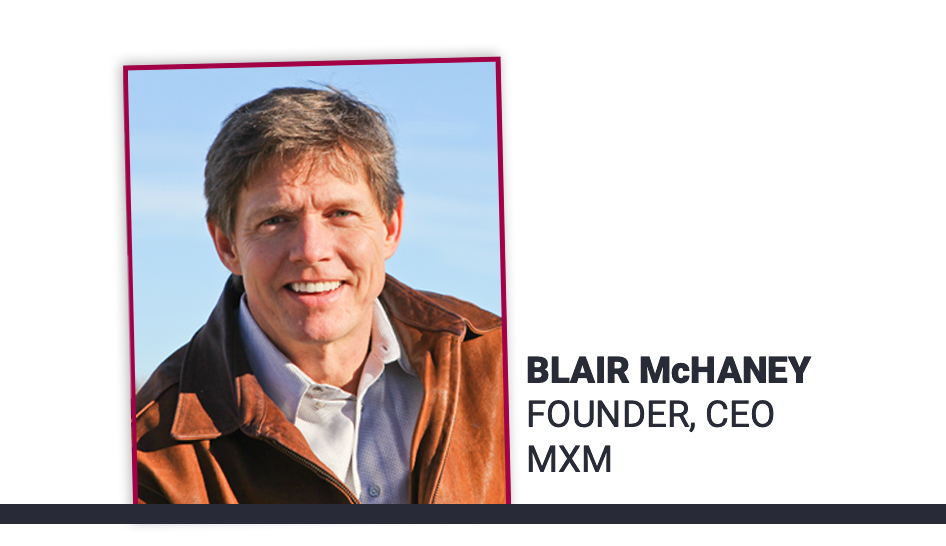1. Every member must be an extension of housekeeping.
To succeed here you have to do everything you can to make it easy for members to police themselves when it comes to cleanliness and responsible behavior. How easy are you making it to sanitize equipment before and after use? Do your members know what’s expected of them? Rules and regulations must be specific, easy to understand, and easy to implement. And when members find a violation from a fellow member, there must be clear policies to report and adjudicate without causing inter-member issues.
2. Every staff member has to be trained to be a “compliance ambassador.”
“We know from years of doing customer experience that two of the biggest drivers around customer loyalty is staff friendliness and gym cleanliness,” says McHaney. “You have to be able to teach your compliance ambassadors to keep cleaning practices in place while maintaining staff courtesy.”
This can be a delicate balance, and club operators need to set clear standards of enforcement. “This can't be done by memo. It's not, ‘Hey everybody, remember to hold the members accountable.’ You can't do it that way.”
3. Cleaning tools have to be broadly distributed—and replenished.
These are one of those issues filed under “next” practices. It requires communication from members to know if you’re thorough enough.
“You think you have enough spray bottles or sani-wipe dispensers out there, then you get feedback saying, ‘It's too hard to find a spray bottle,’” explains McHaney. “You think, ‘Good lord, I thought 50 was enough,’ but your scores are low on this and the voice of [the] member is loud when it isn’t easy.”
Going through his research, McHaney found one key term kept coming up.
“With our text analytics, it took me about three minutes to get through nearly 100,000 comments by following key themes. Then in a few minutes I read about 40 comments. The word ‘empty’ started to appear a lot. It was a little bit of a revelation. Not only do you need wipes, towels, and cleansers, you have to make sure the supplies are never empty.”
4. Hand sanitizers have to be broadly distributed.
In the MXM data and text analytics, making hand sanitization easy is critical to “Likelihood to Return.” There is a lot of “noise” from members when they can’t easily sanitize their hands. This heightens even more when members perceive other members as not diligent in wiping down equipment after usage.
“This is our biggest category: ease to sanitize hands. I would coach people to start with the comments from members giving you the lowest scores here. Maybe it's not hand sanitizers stations everywhere, but personal hand sanitizing bottles that people get and refill that have your logo on it.”
5. Make sure your members know you’re doing everything necessary to keep them safe.
“You better be damn good at communicating that you are best in class at this,“ offers McHaney. “And, remember, what you do operationally is another form of communication. That’s why you need feedback coming in.”
You also need to interpret the data in an actionable way. This is what defines next practices, says McHaney.
“I love market research, but that's different than operational data. Market research does not serve the needs of daily operations.”
